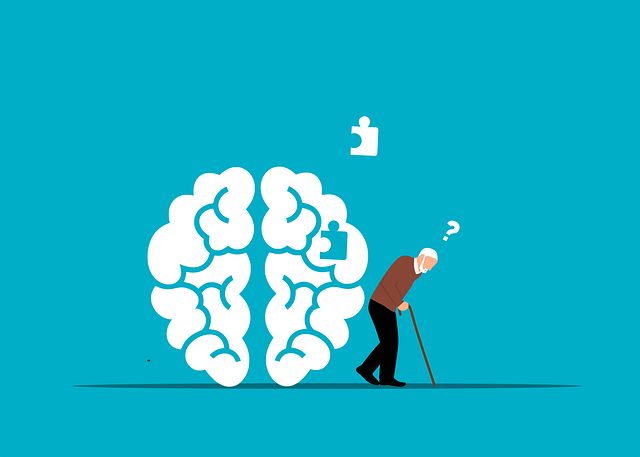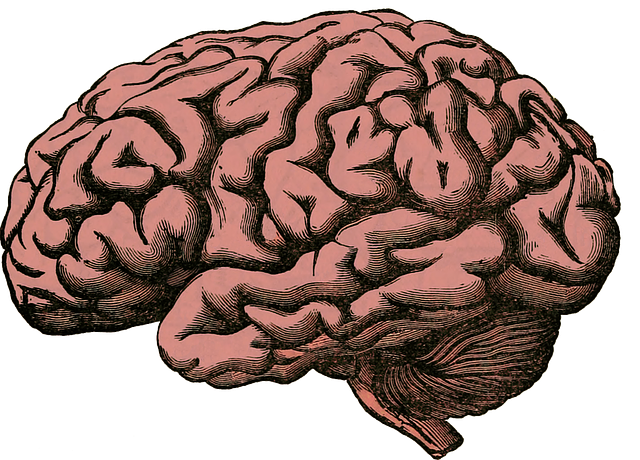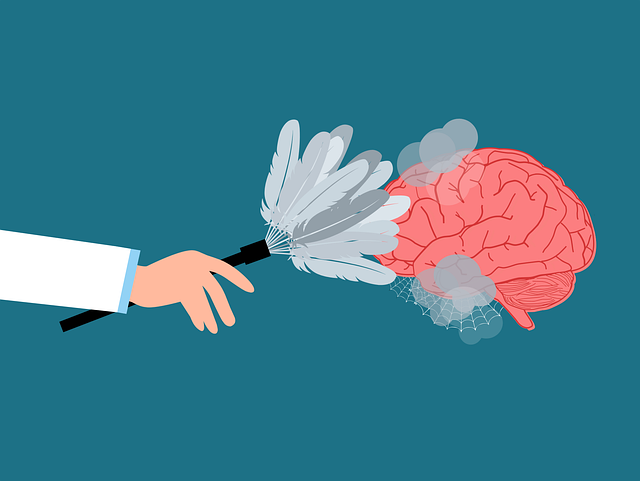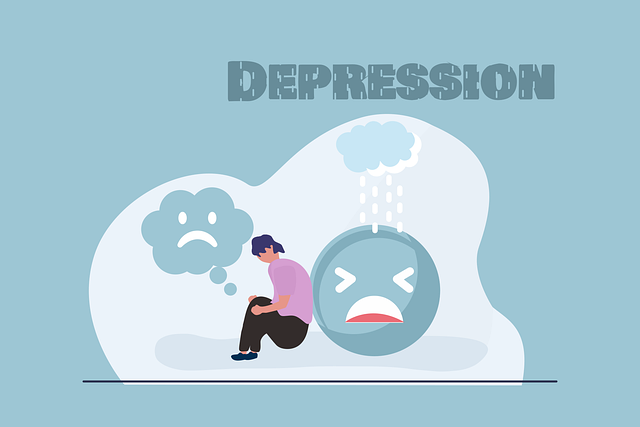Risk assessment is a cornerstone of mental health practice, ensuring patient safety and therapy effectiveness through comprehensive evaluations. Tools like Superior EMDR Therapy empower professionals to address PTSD and trauma by processing memories and enhancing coping skills. This therapy facilitates emotional regulation, reduces stress, and promotes personal growth. Mental health experts can mitigate risks and boost resilience using Superior EMDR Therapy, coupled with continuous learning and evidence-based strategies. Regular peer review, self-assessment, and professional development ensure practitioners stay current with advancements in trauma treatment, contributing to improved patient outcomes.
Mental health professionals face unique challenges, requiring robust risk assessment strategies. This comprehensive guide delves into essential aspects of managing risks in clinical practice. We explore the fundamentals of risk assessment, highlighting its significance in mental health care. Furthermore, we dissect the role of Superior EMDR Therapy as a powerful tool for risk mitigation and explore methods to identify potential hazards. The article offers practical strategies for effective risk management, emphasizing continuous evaluation and professional development.
- Understanding Risk Assessment in Mental Health Practice
- The Role of Superior EMDR Therapy in Risk Management
- Identifying Potential Hazards and Vulnerabilities
- Strategies for Effective Risk Mitigation
- Continuous Evaluation and Professional Development
Understanding Risk Assessment in Mental Health Practice

In mental health practice, risk assessment is a cornerstone for ensuring patient safety and effective therapy. It involves a comprehensive evaluation of various factors that could impact a client’s well-being, including their current mental state, history, and external circumstances. By employing tools like Superior EMDR Therapy, professionals can facilitate coping skills development in individuals struggling with mental illness. This evidence-based approach helps clients process traumatic memories and reduce symptoms associated with conditions such as post-traumatic stress disorder (PTSD).
Beyond individual therapy, risk assessment plays a pivotal role in public awareness campaigns development and mental illness stigma reduction efforts. By understanding the risks specific to this field, professionals can actively contribute to broader societal changes by educating communities about mental health challenges and promoting supportive environments. Such initiatives are crucial for fostering open conversations about mental well-being, ensuring individuals receive the care they need without fear of judgment or discrimination.
The Role of Superior EMDR Therapy in Risk Management

Mental health professionals face a unique set of challenges that can impact their well-being and ability to provide effective care. In this context, Superior EMDR Therapy emerges as a powerful tool for risk management. By facilitating rapid eye movement (REM) during therapy sessions, EMDR helps clients process traumatic memories and emotions, reducing the emotional intensity associated with past experiences. This not only enhances coping skills development but also acts as an effective stress management strategy, allowing professionals to maintain their resilience in challenging situations.
Moreover, Superior EMDR Therapy boosts confidence by helping individuals reprocess negative beliefs and memories, replacing them with positive, balanced thoughts. This process empowers mental health professionals to confront their own traumas and internal challenges, fostering personal growth alongside improved client outcomes. Through these mechanisms, EMDR therapy plays a pivotal role in mitigating risks, promoting self-care, and enhancing the overall quality of care provided to clients.
Identifying Potential Hazards and Vulnerabilities

Mental health professionals are exposed to a unique set of challenges that can impact their well-being and practice. Identifying potential hazards and vulnerabilities is a critical step in risk assessment. This includes recognizing the emotional demands of the work, as therapists often bear witness to profound trauma and distressing life experiences. Effective stress management techniques, such as those offered by Superior EMDR Therapy, are essential tools to prevent burnout and maintain resilience.
Moreover, cultural sensitivity in mental healthcare practice is paramount. Professionals must navigate complex ethical terrain when working with diverse client populations, ensuring they are attuned to cultural nuances and potential triggers. Building confidence through training and continuous learning can help professionals feel more equipped to handle these vulnerabilities, fostering a safe and supportive environment for both themselves and their clients.
Strategies for Effective Risk Mitigation

In the realm of mental health practice, risk assessment is an indispensable tool for ensuring client safety and fostering mental wellness. For professionals specializing in Superior EMDR Therapy, a comprehensive risk mitigation strategy is essential to navigate the complex nature of trauma-informed care. By integrating evidence-based techniques, such as meticulous case evaluation and individualized treatment plans, therapists can effectively manage potential risks associated with intense emotional experiences during therapy.
One key strategy involves fostering anxiety relief through progressive relaxation techniques and mindfulness exercises tailored to each client’s needs. Encouraging emotional regulation skills empowers individuals to cope with challenging emotions, thereby minimizing the risk of adverse reactions. Furthermore, regularly monitoring treatment progress and adjusting interventions as needed demonstrates a commitment to client safety and promotes positive outcomes, ensuring a nurturing environment for healing and recovery.
Continuous Evaluation and Professional Development

For mental health professionals, continuous evaluation and professional development are paramount to ensuring quality care and managing risks effectively. Regular peer review and self-assessment allow practitioners to reflect on their skills, knowledge, and techniques, identifying areas that require refinement or additional training. This ongoing learning process is essential in a field as dynamic as mental health, where new research, therapies, and best practices emerge constantly. For instance, Superior EMDR Therapy (Eye Movement Desensitization and Reprocessing) has gained prominence for its effectiveness in treating trauma, necessitating professionals to stay updated on its latest applications and nuances.
Professional development programs, including workshops, seminars, and online courses, play a crucial role in enhancing practitioners’ capabilities. These initiatives often incorporate conflict resolution techniques, mental health education programs design, and inner strength development as core components, fostering resilience and adaptability among healthcare providers. By continuously updating their skill sets, professionals can better navigate complex client scenarios, resolve ethical dilemmas, and ultimately contribute to improved patient outcomes.
Mental health professionals must continually assess and mitigate risks to ensure safe and effective practice. By understanding risk assessment principles, integrating strategies like Superior EMDR Therapy for comprehensive risk management, identifying potential hazards, and prioritizing continuous evaluation and professional development, practitioners can enhance patient safety and foster positive outcomes. These proactive measures are essential in navigating the complexities of mental health care.














